- AI
- A
Why AI does not threaten human creativity?
Artificial intelligence is perceived as lifeless. Soulless and indifferent, it develops like gray slime. Year after year, we hear about achievements in generating texts, pictures, voices, videos, and observation shows that progress does not bode well.
This problem especially worries novice designers, artists, writers, and musicians. Few people want to spend years to find themselves in the creative "The Last of Us" and realize that it was all in vain, right?
However, let's approach the problem philosophically. Is artificial intelligence really so dangerous for creative people? Are we not under the influence of some irrational fear of AI that modern thought instills?
First of all, I would like to touch on the paradigm in which we live and thanks to which we have learned to create neural networks. We are born in the era of science and more or less absorb the prevailing worldview. However, this scientific ideology is not as ideal as we think.
Take, for example, the biological definition of life. Life, according to biology, is a form of matter that has a number of unique characteristics. Among these characteristics are metabolism, adaptability, reproduction, irritability, and the like. In principle, advanced science can create a machine that will very well imitate all these characteristics. But there is one nuance.
In few biology textbooks will we find sensory experience as a necessary criterion of life. Such an experience that is "first-person" (also called phenomenal consciousness or qualia). Modern science, thinking "from the third person," does not need this experience. More precisely, it is even harmful.
Feelings cannot be studied by the scientific method because they are subjective, that is, closed to the impartial observer. Therefore, it is easier for a scientist to describe the external behavior of organic matter than to imagine what it is like to be a specific being. After all, any such representation will only obscure the data about matter.
In our culture, methodological scientific materialism is flourishing. To understand the world beyond feelings, scientists must distract themselves from them, as if pretending to forget that they live a sensory life. Hence the strong side of science. By distracting from subjective reality, thinking begins to understand objective reality and gains the ability to control it.
But here lies the weak side of science. The scientist does not answer the question about the role of sensory experience in being; the subjective gives motivation and the ability to think, but it is deeply alien to the objective world with its abstractions. Meanwhile, this is what we all, both scientists and non-scientists, live by. Creativity also depends on sensory experience.
Creativity is an aesthetic activity. Aesthetic from Ancient Greek αἴσθησις, "sensory perception". But intelligence is artificial, which means it is an object, presumably having no feelings at all. It invades the space of the sensory and replaces it. As a result, we begin to fear for ourselves, because no matter how much we value science, we live completely unscientifically: we are given to ourselves in what we feel, we are our feeling.
Books and scientific videos say that there is some objective reality, and it is bigger, more important than our feelings. We begin to fear everything that can easily undermine our "such a small" subjectivity. The very way of thinking inherent in people in the 20th-21st centuries leads to the perception of the artificial as dangerous. By the fact of its existence, the robot devalues feelings and embodies the triumph of the insensible.
Interestingly, ancient people were familiar with automatons imitating humans, and not one of the philosophers ever raised a fuss about it. This silence was largely due to the fact that people believed in their irreducibility to the body. Man was not yet understood as a set of physical, chemical, and biological elements.
What problem does creativity solve? We create because we lack real experience. Creativity complements the dry, dull world of objects, making it more alive. We also create because we want to share our feelings. The physics of a drawing, melody, text is just a box where we put our feelings. Otherwise, why do creative people want to show the "works of their hands"?
Suppose that in fifty years there will be an intelligence that produces content even better than "these leather bags". Perhaps it will take over some purely market needs. But creativity will clearly not stop, because the subjective space of colors, tastes, smells, sensations, and emotions, in the beauty and closeness of which we find ourselves, will not disappear.
Let's even assume that it will somehow be found that the machine has experience. But this will mean only one thing: it has turned into the same subject of feelings as we are. In our history, the presence of brilliant poets does not eliminate ordinary poets, and the presence of an artificial poet will not eliminate a natural poet. Creativity as communication will become even more interesting.
We create to communicate feelings. We create to fill the lack of life. Making money on creativity is good when you need money. But most creators would like to create for themselves. Therefore, professionals of art will replace professionals of mass labor. People who will look for an audience interested in people, not robots.
The audience is not always stupid consumers. There are those who seek life. Good authors unite around themselves an audience that is interested not just in their work, but in communicating with them through creativity. Crowdfunding, fan clubs, art galleries, and much more will survive because life is not limited to "digital".
Of course, one can argue, saying, go distinguish a robot from a human, they are similar. But those who need a real person, his sensual experience, are already searching. Those who do not need it have long been accustomed to treating a person functionally. Are there not many creators who feel that they are being used as a useful tool?
Creative people are afraid of losing the job they like. But they have already lost such a job, they just did not notice it. After all, work "for another" is necessary for survival, and projects that a person is ready to engage in for the sake of a soulful response do without money.
The other thing is that you will have to make a choice: who are we, trembling creatures or not? We either tremble from the world's elements, or we are "gods and sons of the Most High". Until today's science is surpassed by the science where physics exists for consciousness, and not consciousness for physics, our society will continue to see something threatening in artificiality. The way we are taught to think directly affects what we fear.
In a subject-oriented world, there is nothing to fear: there, living reason rules, everything objective is merely instrumental. In an object-oriented world, there are only "hallucinations" and "ugh, that's subjective," and this is a side effect of some complex brain activity.
So, to answer the question of whether AI threatens my future creativity, we need to start by defining who I am and why I engage in creativity. Am I an object, and do I create for survival? Or am I a subject, and do I create for life?
If for survival, then, of course, artificial intelligence will enslave us, the surviving is already a step away from death, and the laws of evolution are cruel. After all, there is no "us," and people are also robots, albeit an extremely outdated version.
But if for life, AI is not a threat, but another tool that helps to live. A person does not share objects and does not perceive abstractions — he values sensory data. Such sensory data will always be in the first place for those who love life and seek beauty for its own sake.
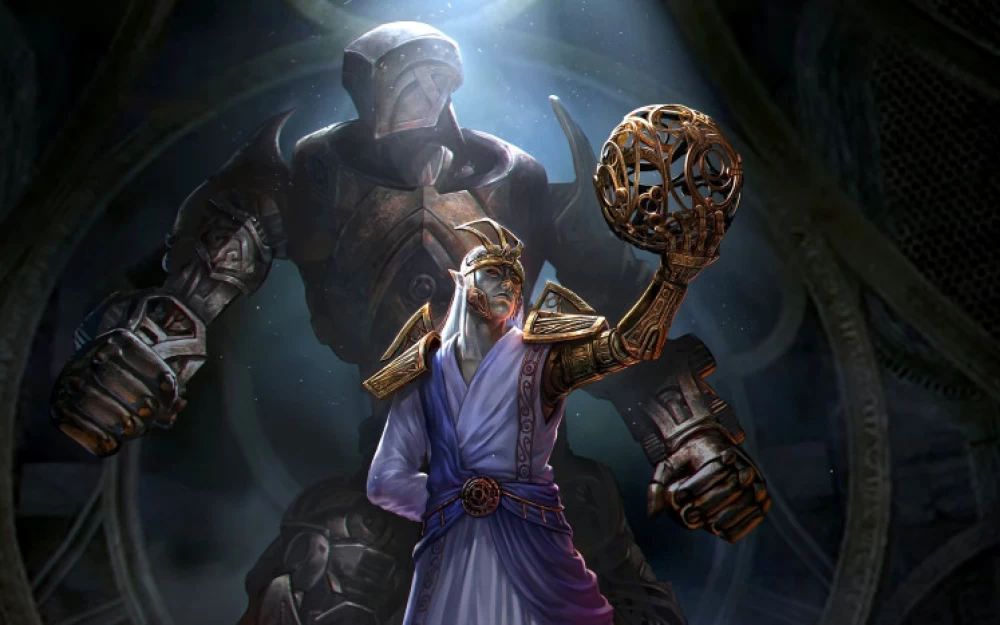
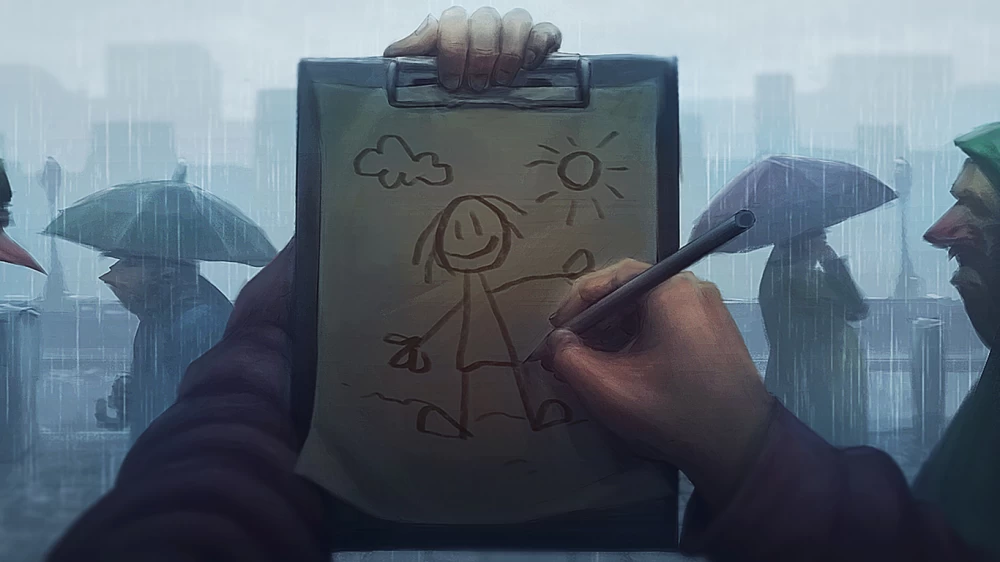
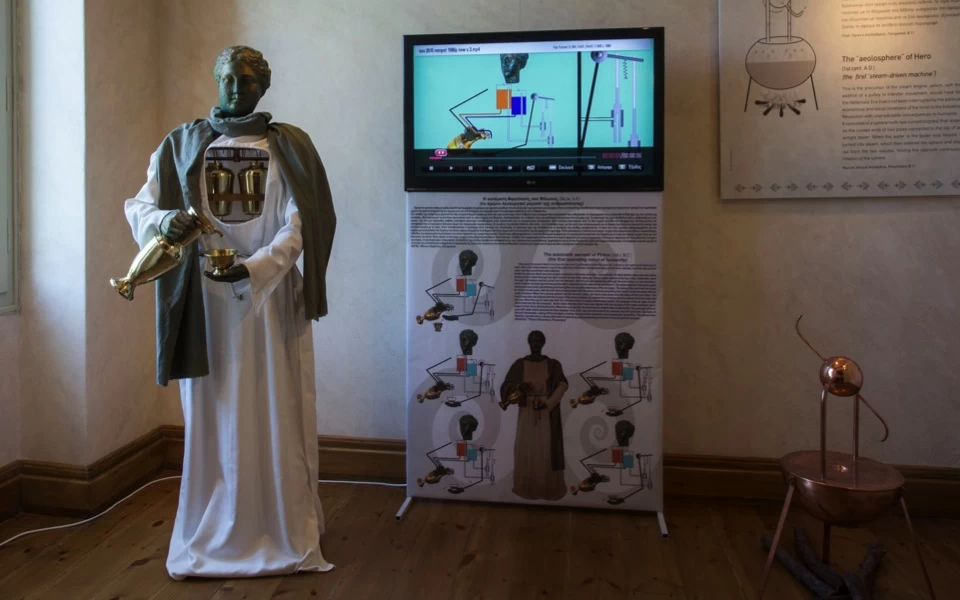
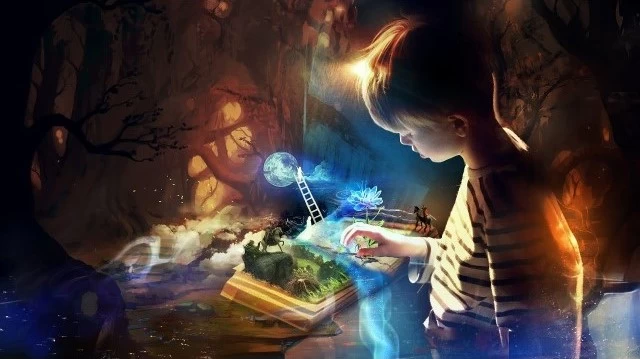
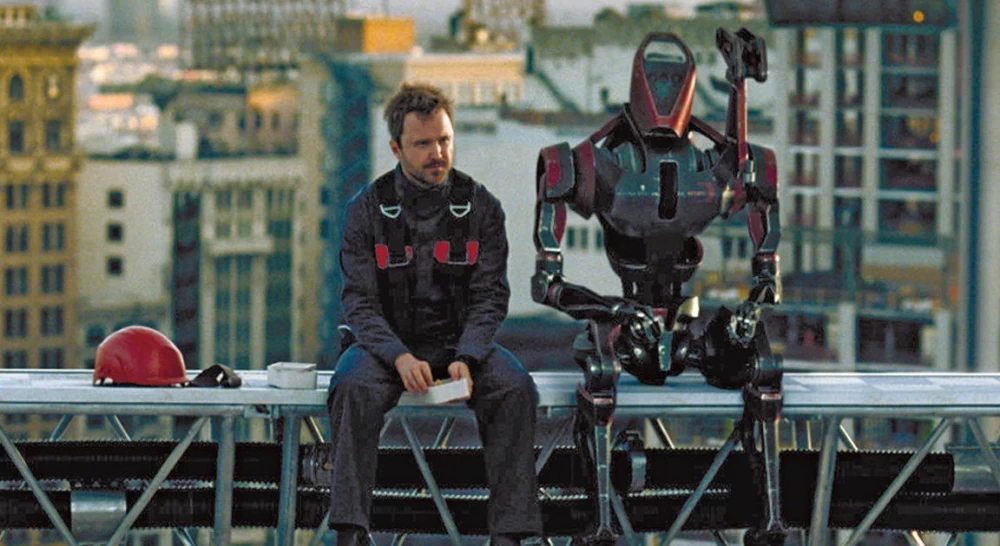
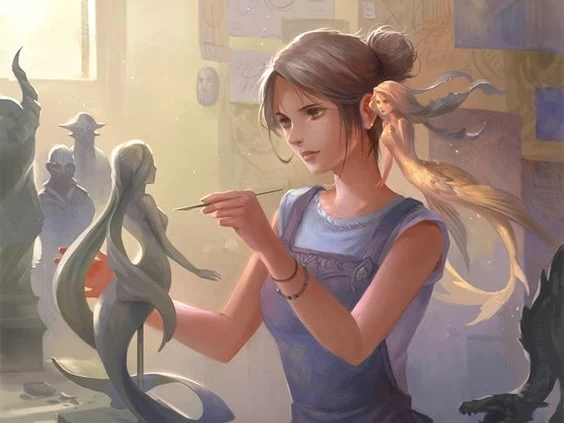
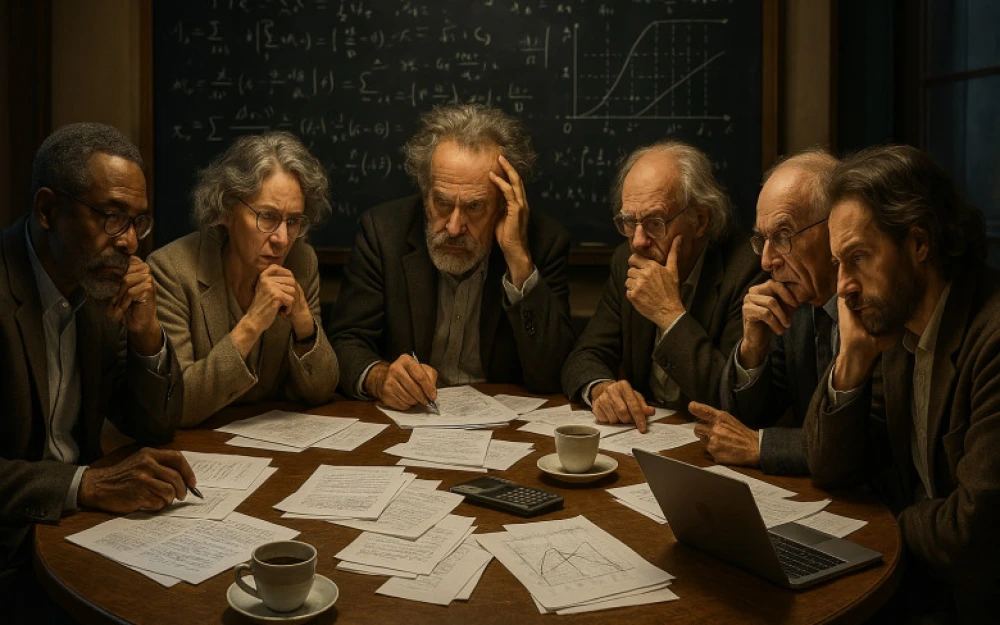


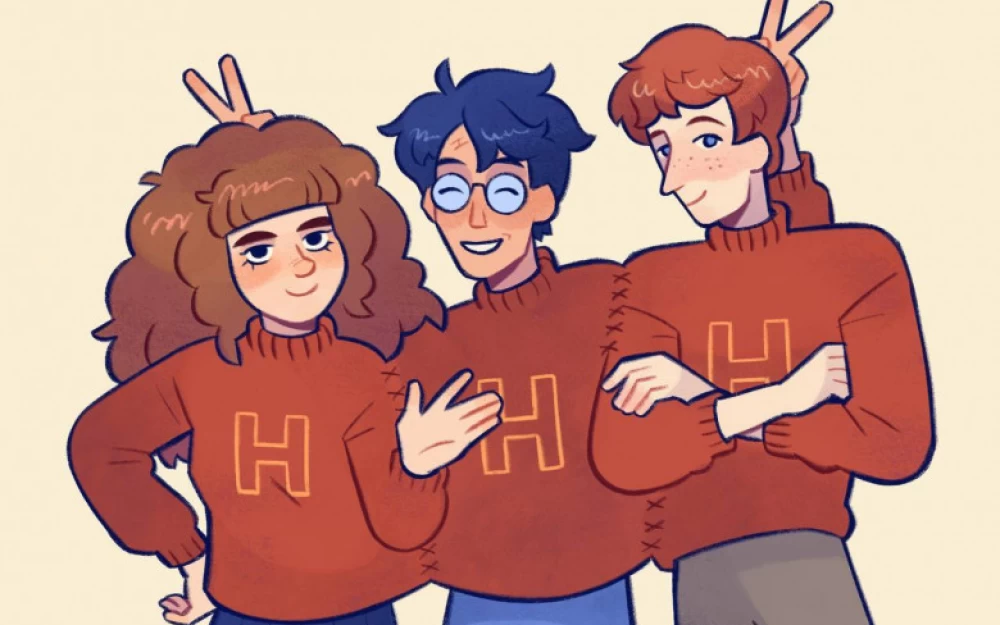
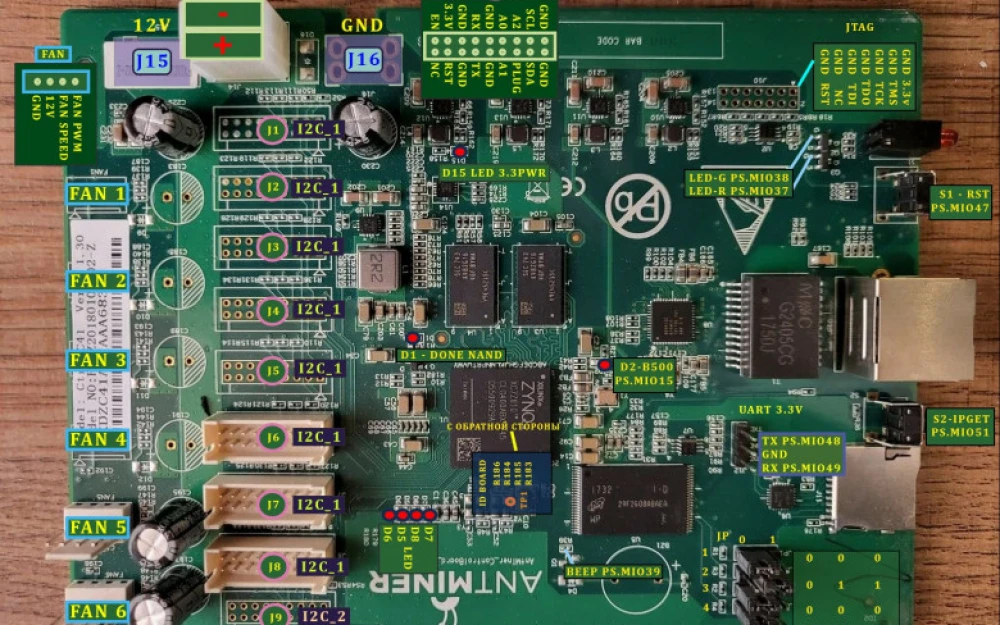
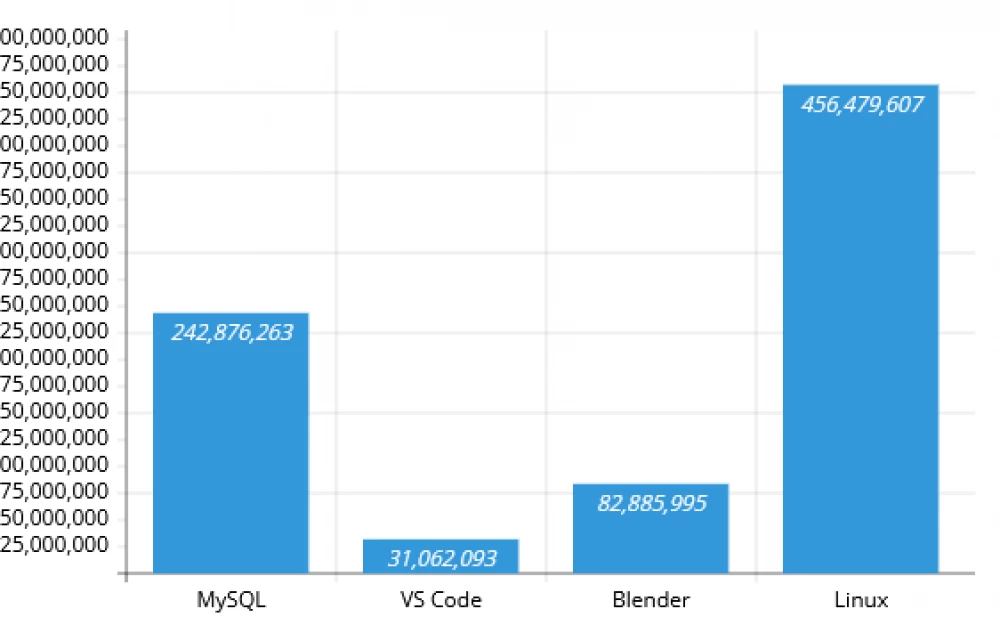

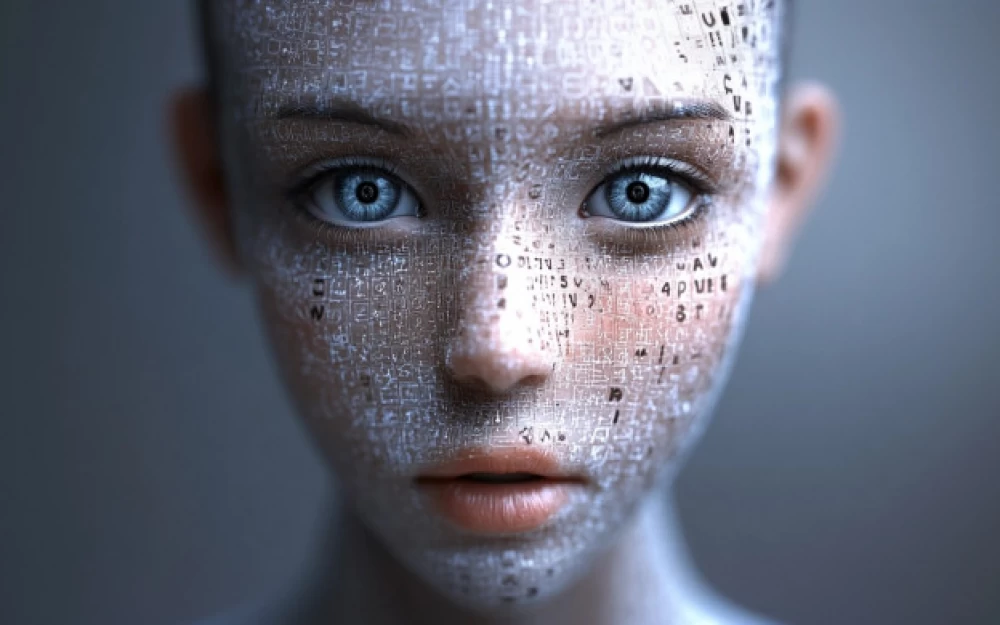
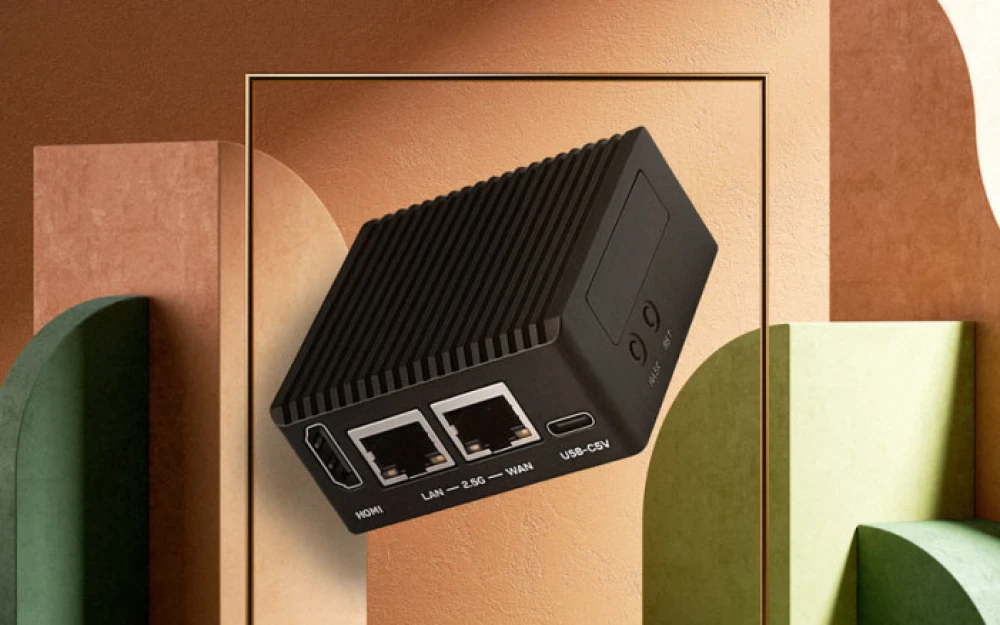
Write comment